Baldur’s Gate 3 is one of the most successful CRPGs of all time, and Larian Studios’ own developers are watching the numbers climb with surprise. All eyes are on this rapidly growing Belgium-based developer as they continue to break records in the world of gaming—including ours. We want to know what Larian Studios plans to do after Baldur’s Gate 3 wraps up.
Larian Studios was established in 1996 when the developers first started working on the Divinity series. They released six Divinity games before BG3, including Divinity: Original Sin and its sequel, both of which became instant classics. Larian Studios’ experience with ARPGs and CRPGs earned them much acclaim even before BG3, and now their hard work has put them in the spotlight.
The future of Larian Studios
In an interview with IGN, Larian Studios said it plans to take a break before tackling its next project. This is likely because of the sheer length of BG3‘s development process. First releasing on Steam’s Early Access program in 2020 after being teased in 2019, BG3 emerged from a lengthy five-year development cycle.
Once the group clears out the cobwebs, what can we expect from the studio that brought us a Metacritic must-play title?
Finishing up Baldur’s Gate 3 with patches and DLC
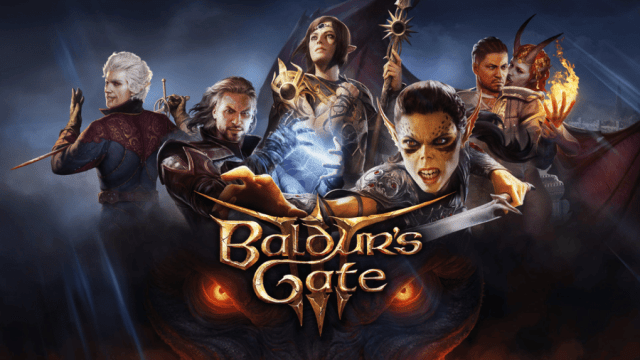
While we wait for the developers to announce their next game, we should expect additional updates for Baldur’s Gate 3. The game is fantastic, but it’s still struggling with bugs, multiplayer glitches, and minor balance issues that weren’t fixed before the full launch. Patch one largely released to a positive reception, and now patch two is on the horizon. This time around, players are making sure Larian Studios hears their concerns.
We can expect BG3’s completion, including additional endings for our lovely companions (see you soon, Karlach) and epilogues for more closure, to happen over the course of the next few months. Larian Studios is clearly working hard to ensure that people are happy with the game, and it shows.
That said, we’d love to see Larian Studios add some new features. While the developers made it very clear that they are not looking forward to designing a level 20 campaign, there are still opportunities to add additional subclasses, races, and backgrounds to make replaying the game more enjoyable. Mods are doing a fantastic job filling in that gap for now, but official content tends to be more feature-complete and less buggy.
Since the prospects of DLC are looking more and more likely, we could be getting new features in the near future. I’d especially like to see a DLC including the Artificer, the 13th class in DnD 5E, that I adore. It could help Gale spread his wings a bit more easily through multiclassing.
There could also be an opportunity for power-scalers to find ways to extend the current campaign to level 20. While mods allow for multiclassed characters to inch their way there, there might be a way to raise AC, attack rolls, and enemy damage in the same way. This would help the game feel more complete, if not perfectly designed for the absolute chaos that is level 20 Dungeons & Dragons 5th Edition.
We won’t hold our breath, though—largely because the developers have already started talking about what they want their next project to be.
Divinity: Original Sin 3
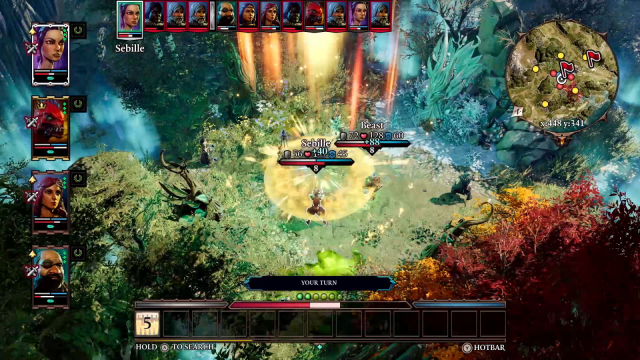
A return to the Divinity series is the most likely next step in Larian Studios’ journey. As confirmed in the IGN interview, Larian Studios “will get back [to the Divinity: Original Sin universe] at some point.” Divinity is their own IP, and it makes sense for them to circle back around to it.
As the ending of Divinity: Original Sin 2 was largely open-ended, fans of the series should be excited to see which one ended up being canon. Given the developers confirmed their eventual return to the universe, it’s likely the canon ending will be one where the Source wasn’t drained of its magic. A post-apocalyptic perspective on the Divinity universe could offer a fresh take on the genre, but we’re personally hoping that Larian Studios sticks to fantasy thanks to their proven track record.
With the explosion of interest in BG3, Larian Studios’ quick return to the Divinity franchise might be a stellar idea. The endings of DOS2 could allow for a soft reboot of the world without ruining the experience for fans of the genre. Getting new people under Larian’s roof—rather than DnD 5E’s—could easily prove successful.
Baldur’s Gate 4
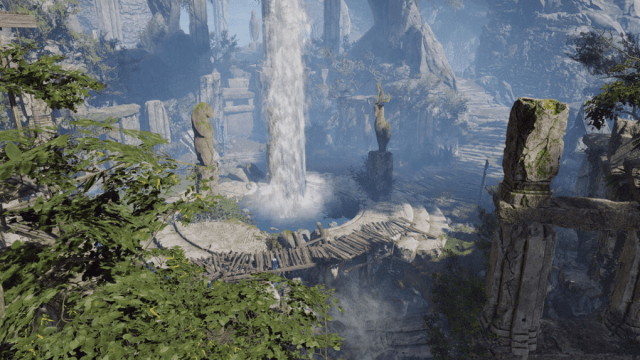
Of course, with the clear success of BG3, Wizards of the Coast might be looking to strengthen their hold on Larian Studios—and we certainly wouldn’t blame them. Baldur’s Gate 4 could be Larian Studios’ opportunity to design a campaign world that reaches level 20, as well as giving the developers a stranglehold over the IP for another few years.
Baldur’s Gate 3 was a struggle, however, and we’d want Larian Studios to take a break before diving right back into the world of Faerûn. Maybe over the course of the next 10 years, we could see more tabletop-oriented games from the successful studio. That said, their next project will almost certainly be smaller, as the developers want to experiment with games on a smaller scale and, potentially, work on multiple games at once.
Another CRPG with a different IP
Now that Larian Studios’ resumé is among the strongest in the RPG industry, it will almost certainly be approached by publishers seeking to improve their existing franchises or launch new ones. These are some of the IPs we’d like to see Larian Studios tackle:
- Lord of the Rings. Fantasy, roleplaying, and character development. This all fits Larian Studios like a glove, and this legendary fantasy universe would be a solid choice. Lord of the Rings is a titan of the industry but hasn’t exactly had winners in the games industry lately.
- Magic: The Gathering. We haven’t had a MTG role-playing game in very long time. MTG‘s lore could easily make for a CRPG with a lot of weight and depth, especially in a game inspired more by the Planeswalkers than the TCG itself. Larian’s already in WotC’s good graces, after all.
- Warhammer 40,000. The dreary world of Warhammer would fit a CRPG well, especially since CRPG gameplay tends to work similarly to tabletop Warhammer games. If Larian Studios wants to take a break from fantasy for a while, it would be nice to have Games Workshop’s support behind them.
- Pathfinder. As Dungeons & Dragons‘ largest competitor, Pathfinder offers a different tabletop experience focused more on utility and character building. Admittedly, due to the power that Wizards of the Coast has over the industry, this option is almost certainly a pipe dream. If only Owlbear Studios made their CRPGs with multiplayer in mind…
While we can see the above happening as smaller RPG projects, we don’t think they’re likely to happen anytime soon.
Other genres?
We don’t envision Larian Studios spreading their wings to delve into other genres any time soon. Larian Studios hired 400 developers to turn Dungeons & Dragons 5E into a CRPG, and there are no layoffs on the horizon. For these reasons, it’s quite likely we’ll keep seeing more of the same.
Personally, we think this would be a huge win. Larian Studios is keeping the CRPG genre alive and in the AAA limelight. Their improvements from Divinity: Original Sin 2 to Baldur’s Gate 3 are both inspiring and quite telling. The developers are getting better at writing stories and endings, and as fans of the studio, we want to see them continue to grow and blossom in the genre where they carved their legacy.
If Larian Studios did want to vary their portfolio, we’ll be sure to keep an eye on it. The ARPG genre isn’t out of the question, and a full pivot to sci-fi action has been doing quite well for FromSoftware with Armored Core 6, so who knows what the future holds.
Others Asked
What did Larian Studios announce regarding Baldur's Gate 3?
Larian Studios announced a second patch for Baldur's Gate 3 that includes major performance improvements, tweaks/changes to the game, and the beginning of implementing feedback from players about the Origin Characters' epilogues.
What impact does the success of Baldur's Gate 3 have on Larian Studios and the gaming industry?
The success of Baldur's Gate 3 might allow Larian Studios and the gaming industry as a whole to make more similar, ambitious games.
How has Larian Studios enhanced the performance of Baldur's Gate 3?
Larian Studios has improved the performance of Baldur's Gate 3 by optimizing memory management, specifically how the game uses RAM and VRAM.



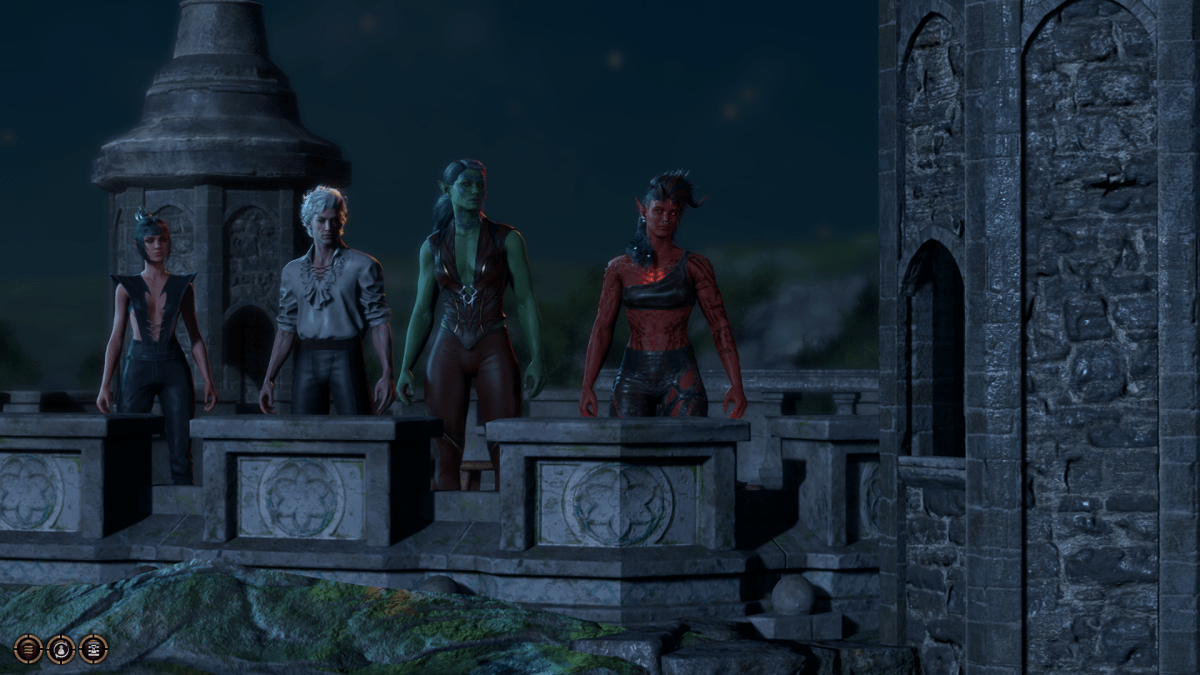

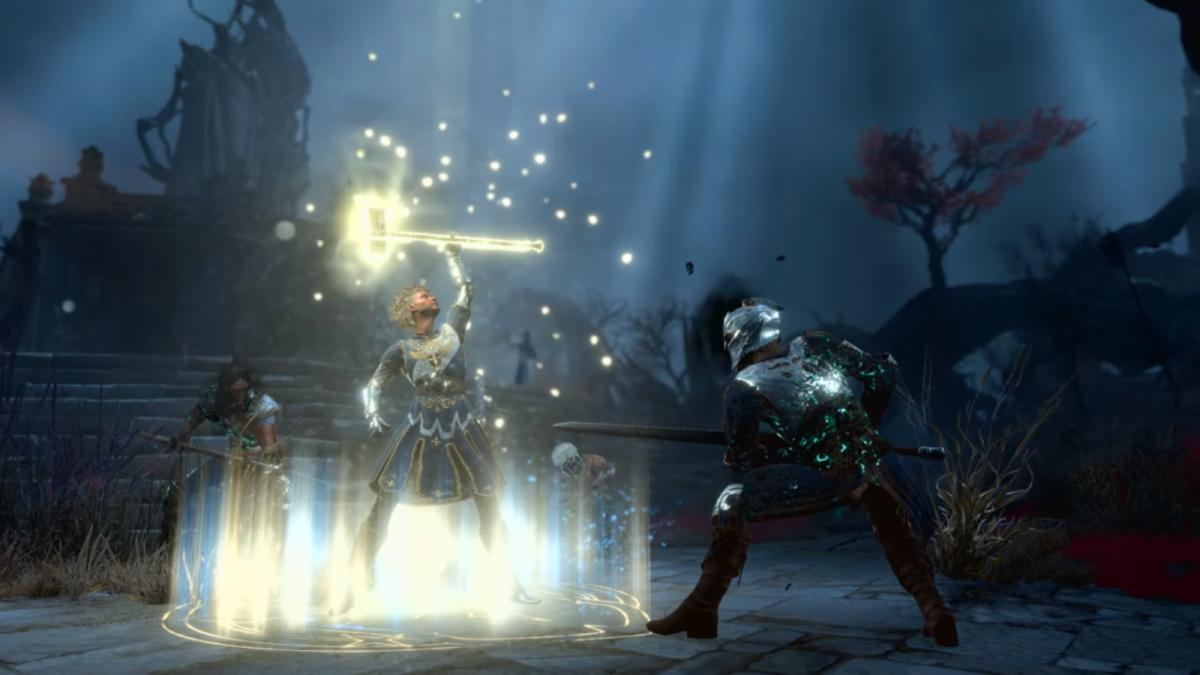
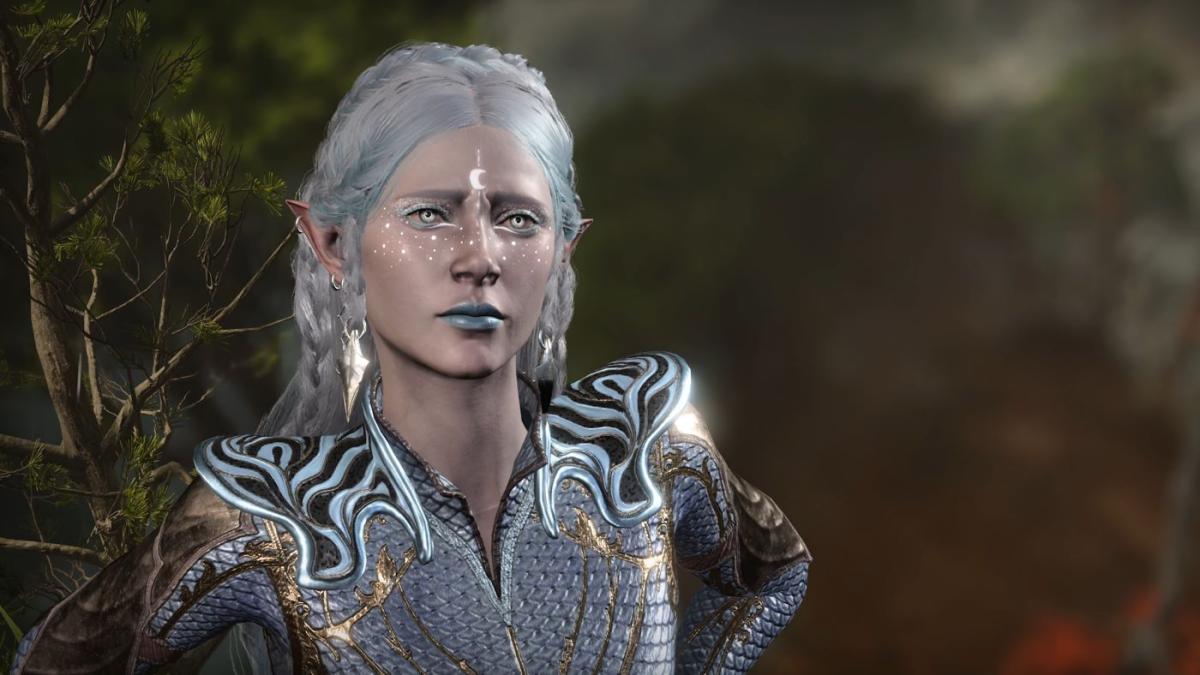

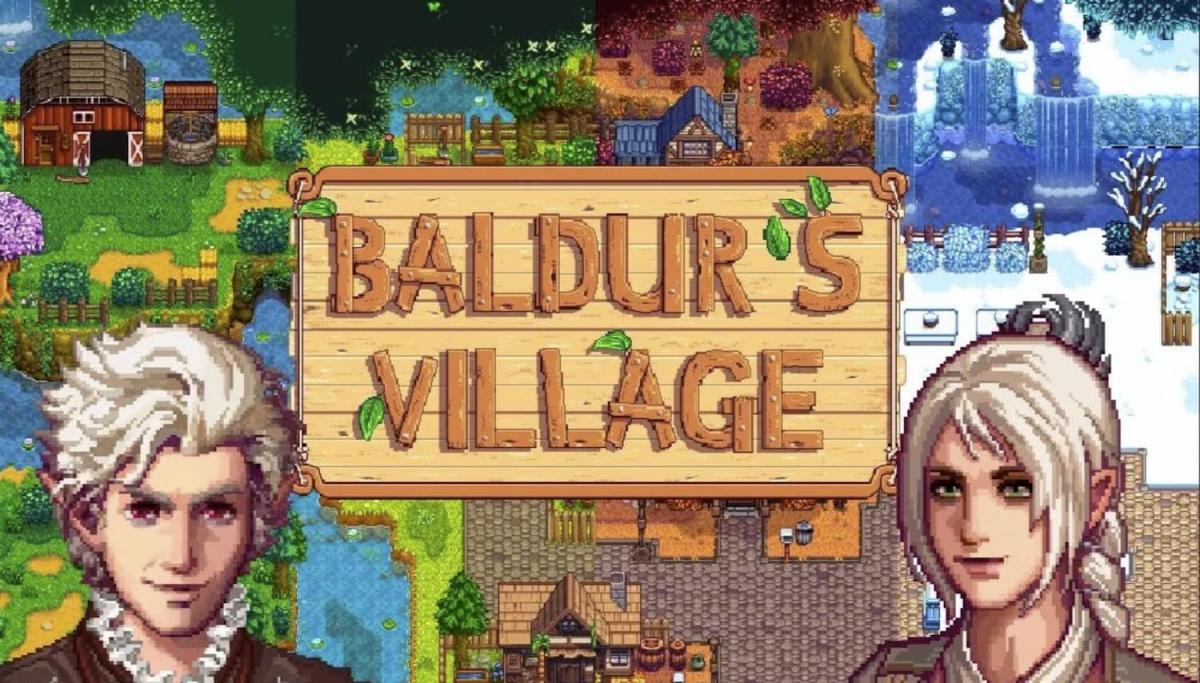
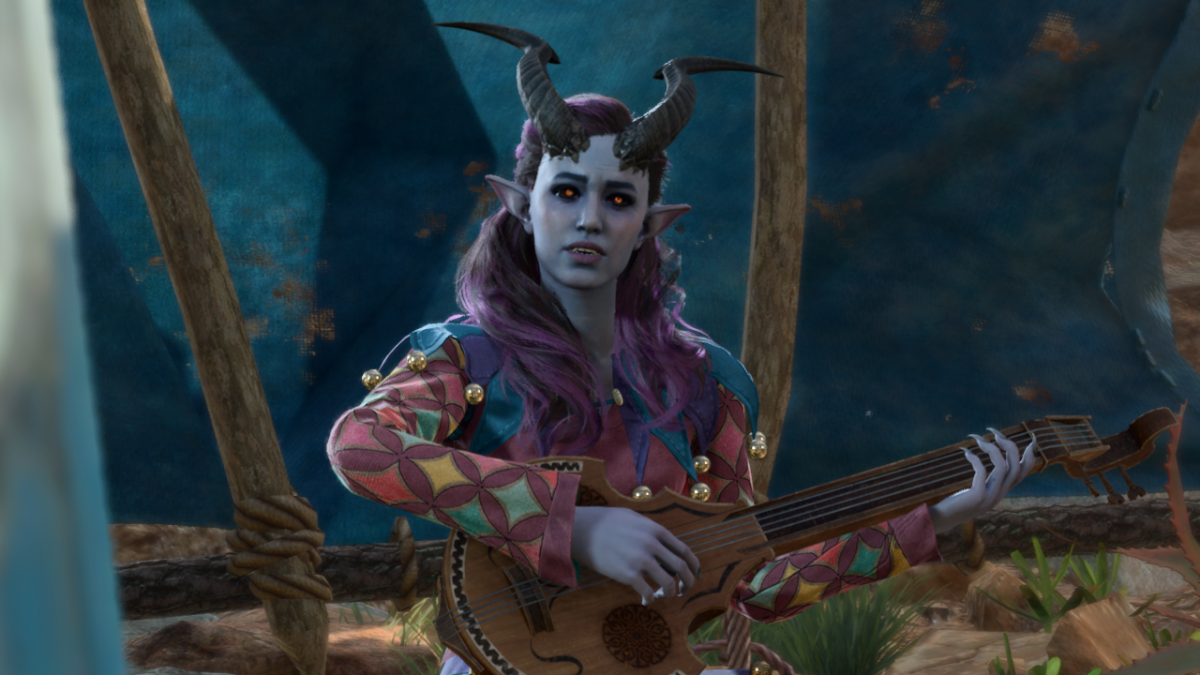
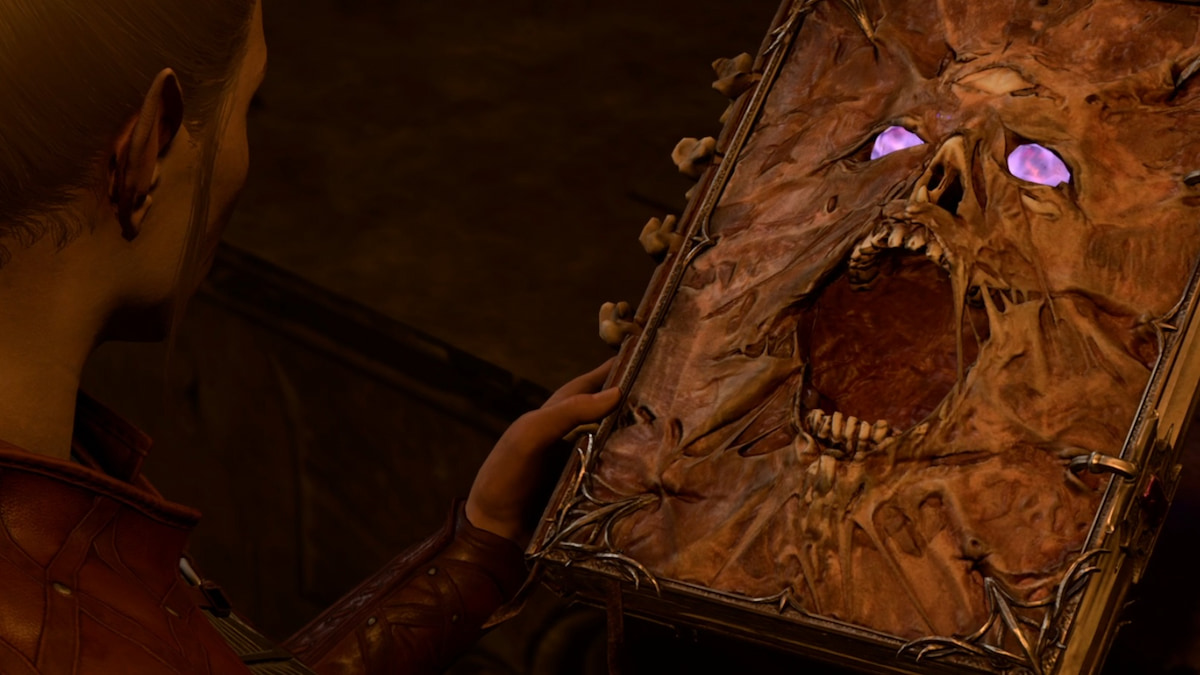

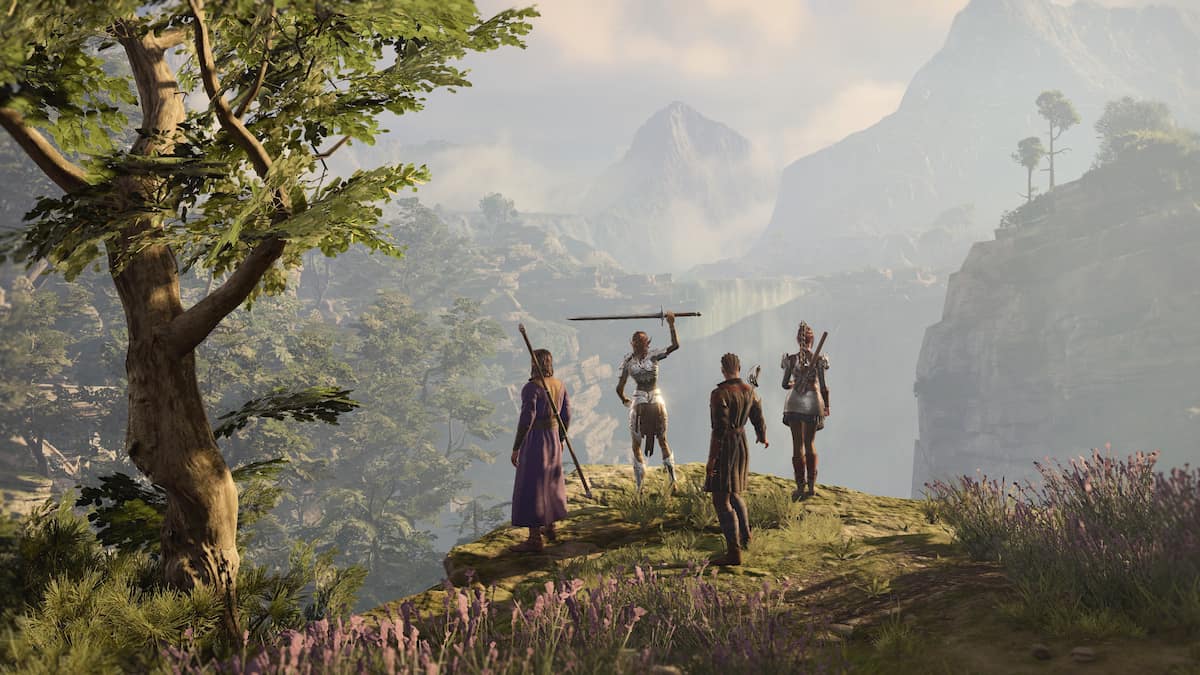
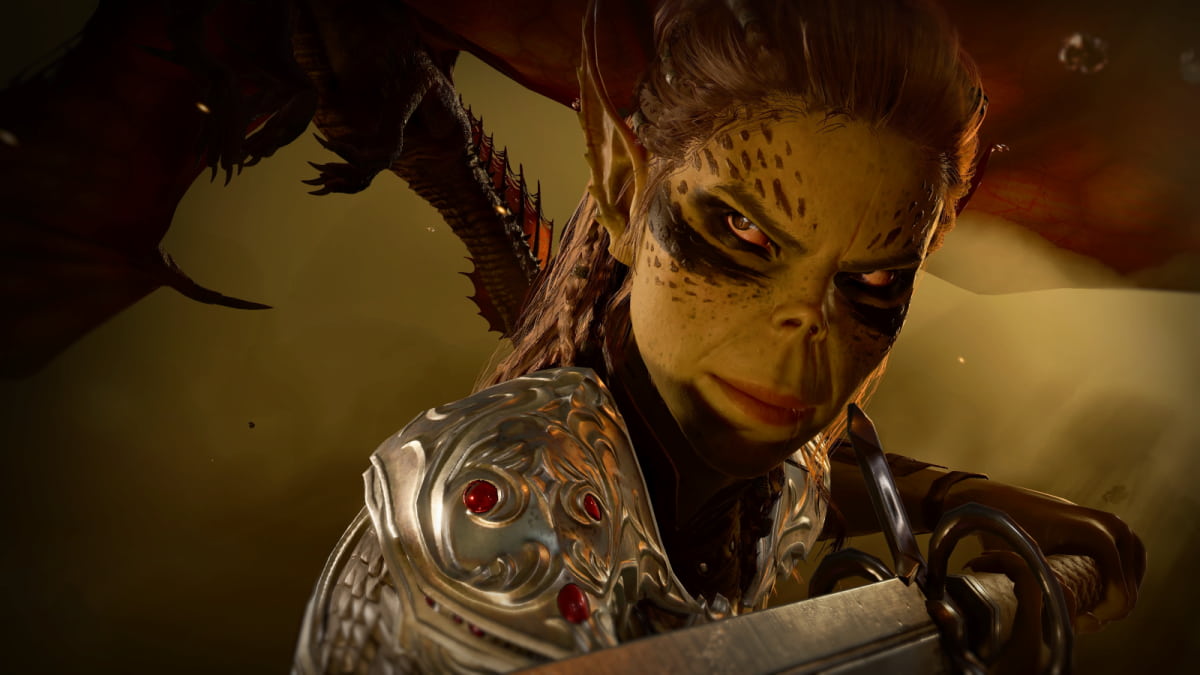
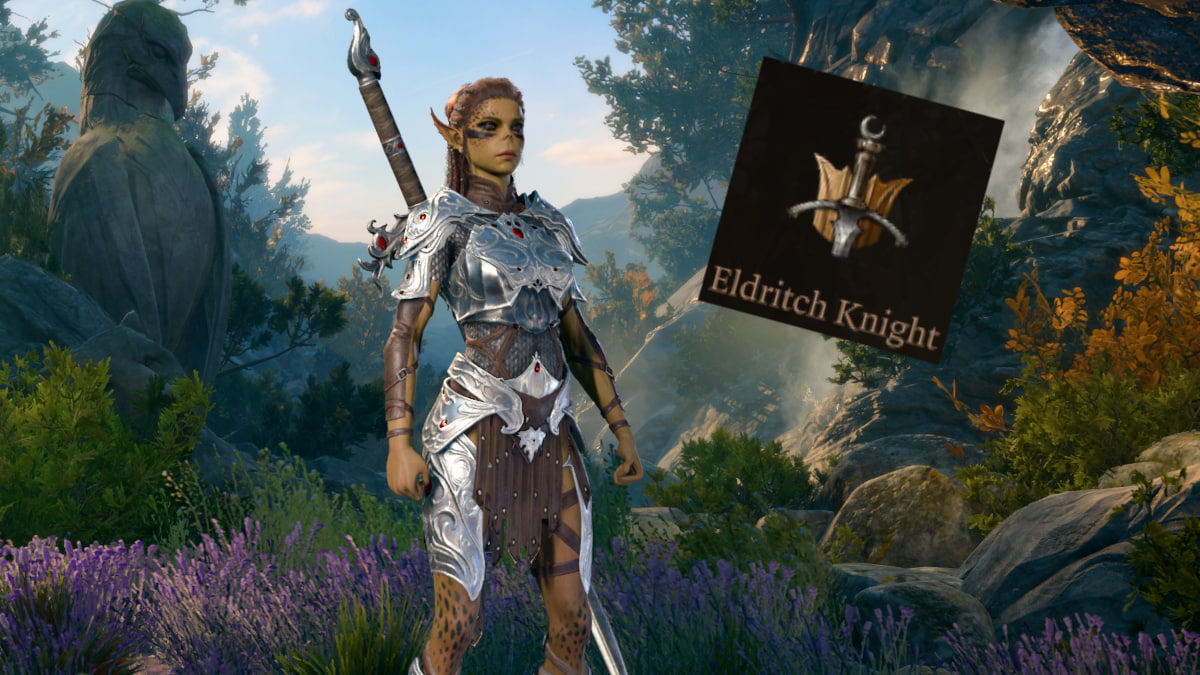
Published: Sep 2, 2023 08:23 am